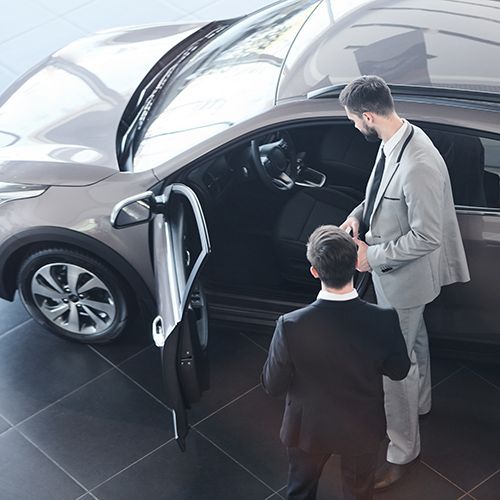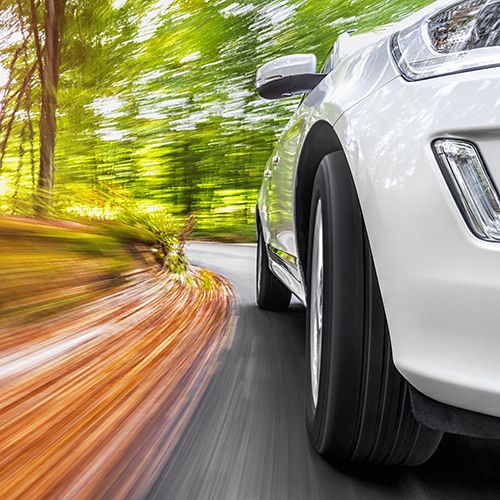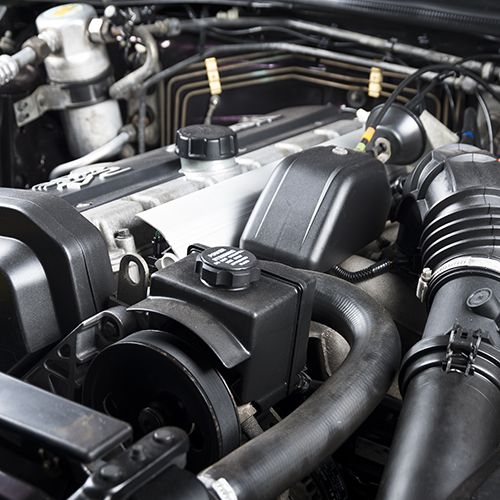14 November 2019
What is a Vehicle Shortfall Cover?
Vehicle Shortfall Cover is also known as Credit Shortfall, Shortfall Policy, Shortfall Insurance, Shortfall Protection, Top-up Insurance, Gap Insurance, and a variety of combinations.
When purchasing a car there are various things to consider. Car insurance and financing are important at the initial point of buying and one that most of us know and understand enough of. unfortunately, like most moveable possessions, cars can be stolen, and not only, that they can be involved in an accident and written off. Vehicle shortfall cover will cover the difference between the car’s retail value and the amount you still owe on your loan.
The advantage of buying a second-hand car over a brand new car is that the value of the new car you just bought will drop substantially the moment you drive it out of the showroom door. Sadly for the new-car owner, while it’s now worthless, the monthly instalments remain the same.
How Does Shortfall Cover Work?
The shortfall amount is the amount that would be paid out to the financial institution with which you took out a loan to settle the outstanding amount owed so that it doesn’t have to come out of your savings.
The best way to explain how shortfall works is with an example:
a) You purchase a vehicle and finance it through a bank for the amount of R100,000.
b) You pay a deposit of R20,000 against the loan amount.
c) You have an accident and the car is written off.
d) Your insurance company only pays out the current retail value, which is now R60,000 to the bank.
e) You still owe R80,000 on the vehicle.
f) The shortfall amount is R20,000.
g) If you have shortfall cover, the R20,000 will be settled and paid to the bank. If not, R20,000 will have to come out of your pocket to pay the bank.
Depending on the policy anything over and above this, such as excess payments, charges for payments in arrears, administration and other fees are your responsibility and not included in shortfall cover.
Why Get Shortfall Cover?
South Africans are found to be very attached to their vehicles, and in fact, four out of ten car owners actually give their cars a name. 37% even indicated they wouldn’t be able to function without it if it was stolen or written off.
If you’re buying a new or second-hand car and financing it through a bank or other financial institution, it’s worth considering shortfall cover. With the current accident and crime statistics seriously affecting car owners, it makes sense to be covered for these unforeseen events rather than to keep on paying for a car that is no longer in your possession.
A brand new car will depreciate by 15 - 20% in just the first year you purchased it. After five years that depreciation increases by approximately 50%! Unless you have enough money in your savings account, you may struggle to keep up with monthly instalments on a car you no longer own.
Crime statistics showed a total of 16,325 car were hijacked in 2017/18. On average, 45 cars were hijacked each day in 2017/18. That’s one every 32 minutes.
The loss of a vehicle whether through theft or an accident is traumatic, to say the least. Shortfall cover allows you some room to breathe by not having to think about the debt you owe on your vehicle.
Auto Pedigree offers ADCOVER®, where if your claim is successful, will contribute R6,000 towards your access. If you’re looking to cover yourself against shortfall, contact an Auto Pedigree dealer to discuss your vehicle financial risk cover.











